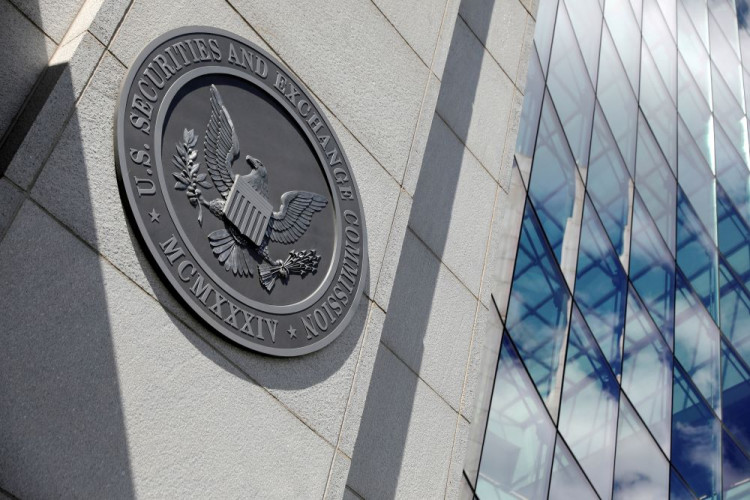Reuters - The U.S. securities regulator will not allow companies from China to raise money in the United States unless they fully explain their legal structures and disclose the risk of China government interference in their businesses, the agency confirmed this weekend.
In a statement, Securities and Exchange Commission Chair Gary Gensler said he had also asked staff to "engage in targeted additional reviews of filings for companies with significant China-based operations."
The development underscores U.S. politicians' concerns that companies from China were systematically flouting U.S. rules that require public companies to disclose to market participants a range of potential risks to their financial performance.
China company listings in the U.S. have reached a record $12.8 billion so far this year, according to Refinitiv data, as companies swooped in to capitalize on the U.S. stock markets' records.
Deal flows slowed substantially this month after China regulators banned ride-sharing giant Didi Global Inc. from signing up new users just days after its initial public offering. They followed up with crackdowns on technology and private education companies.
In an interview with Reuters earlier this week, exchange commissioner Allison Lee said companies from China listed on U.S. stock exchanges must disclose to market participants the risks of their government interfering as part of their regular reporting obligations.
On Friday, Reuters reported the agency wasn't processing registrations for the issuance of China company securities pending guidance on how to disclose the risks they face at home.
Gensler said in light of China's crackdown, he had asked staff to seek additional disclosures from companies from China before making their registrations effective.
These should include that market participants face "uncertainty about future actions by the government of China that could significantly affect the operating company's financial performance" and the enforceability of certain contractual arrangements.
China issuers must also disclose if they were denied permission from home authorities to list on U.S. exchanges and the risks that such approval could be denied or rescinded.
In addition, these companies should disclose when their domestic law requires them to list in the U.S. via an offshore shell company - which carries additional legal risks.
"I believe these changes will enhance the overall quality of disclosure in registration statements of offshore issuers that have affiliations with China-based operating companies," said Gensler.
The commission's move is the latest by U.S. regulators against corporate China, which have frustrated Wall Street for years with its reluctance to submit to U.S. auditing standards and improve the governance of companies held closely by founders.
The agency has been under intense pressure from U.S. lawmakers to take a tougher line. A group of senators including Republicans John Kennedy and Bill Hagerty wrote to Gensler this week urging "thorough investigations of U.S. listed Chinese companies' concerning lack of transparency."
Almost 420 companies from China are listed on U.S. exchanges, according to Refinitiv. The S&P/BNY Mellon China select American depositary receipt index, which tracks the American depositary receipts of big U.S.-listed China companies, has lost 22% of its value year to date compared with an 18% rise in the S&P 500 index.
China said last week it would bar tutoring for profit in core school subjects to ease financial pressures on families that have contributed to low birth rates, sending shockwaves through the country's private education sector. There has also been a broad crackdown on the internet sector because of local concerns over the safety of the personal data of its citizens.
China's securities regulator met with executives of international investment banks Wednesday to calm financial market nerves, reassuring them that policies will be rolled out more steadily to avoid volatility, people familiar with the matter told Reuters.
State-backed newspaper China Daily also said the government remained supportive of domestic companies seeking to list overseas.






